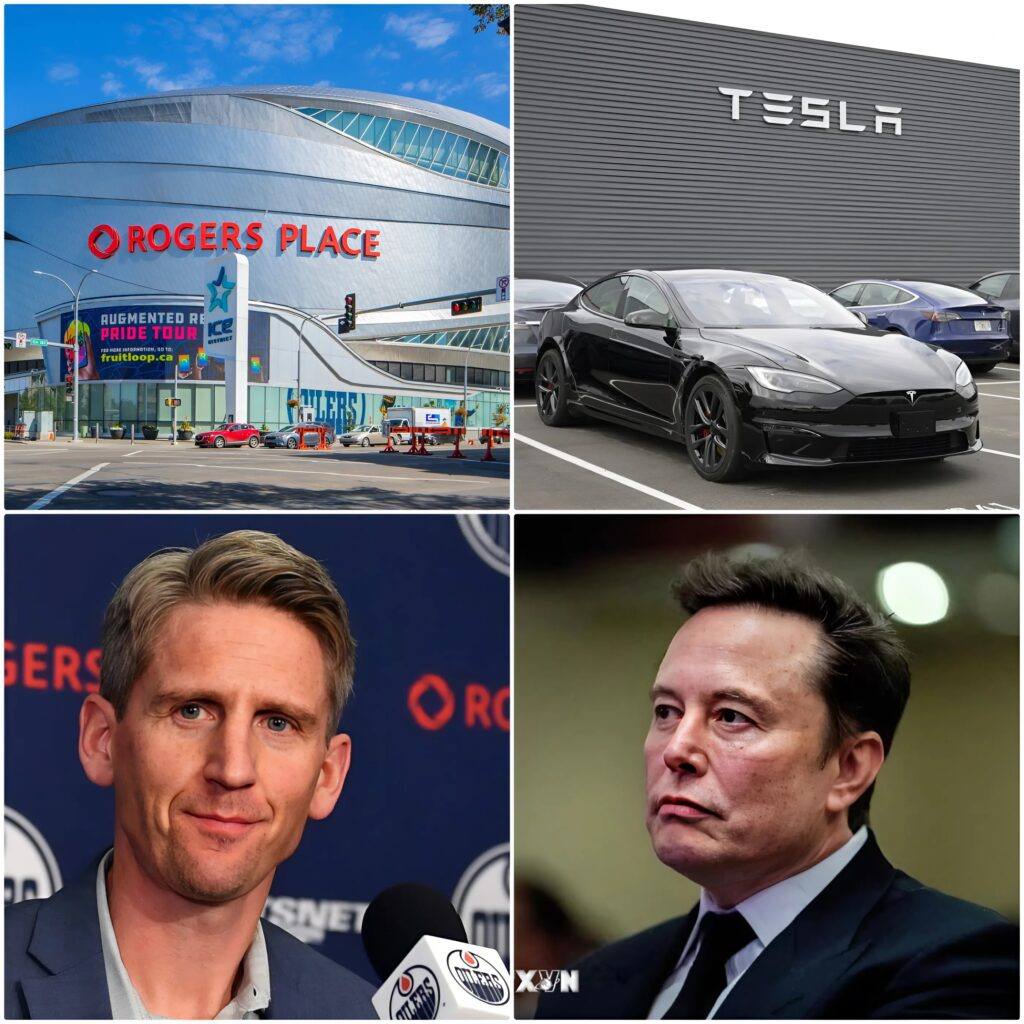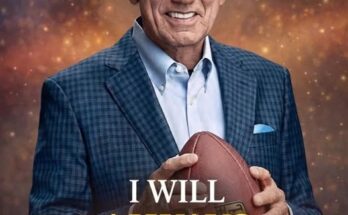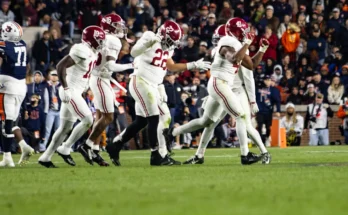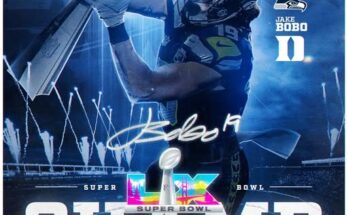Holy crap: Elon Musk’s Tesla advertisement at Rogers Place is rejected by the Edmonton Oilers! Elon Musk Is Rejected by Oilers for a Very Good Reason
In a sports world increasingly saturated by tech brands, celebrity moguls, and flashy sponsorships, it might seem unthinkable that an organization would say “no” to Elon Musk. After all, Musk is not just a billionaire tech titan; he’s the mind behind Tesla, SpaceX, and X (formerly Twitter), a man whose name has become synonymous with innovation and influence. So when reports emerged that the Edmonton Oilers rejected a Tesla advertisement proposal for Rogers Place, the collective reaction on social media was swift and simple:
But the story is deeper than that. This wasn’t just a knee-jerk refusal or a PR stunt. The Oilers had legitimate reasons for turning down Musk’s overture—and depending on your point of view, it could be seen as a principled stand in an age where corporate money too often overrides community values.
Let’s unpack why one of Canada’s most storied hockey franchises rejected one of the most powerful figures in the business world—and what it means going forward.
According to sources close to the situation, representatives for Tesla approached the Edmonton Oilers with a comprehensive proposal: a major advertising campaign that would place Tesla branding prominently inside Rogers Place, one of the NHL’s newest and most state-of-the-art arenas. The proposal reportedly included LED rink board signage, large-scale video ads on the jumbotron, and a possible co-branded fan zone that would highlight Tesla’s electric vehicle technology and autopilot systems.
At first glance, the fit seemed natural. Tesla has long marketed itself toward cutting-edge, environmentally conscious consumers—a demographic that overlaps significantly with the modern sports audience. Moreover, Rogers Place has embraced futuristic architecture and operations, earning high marks for sustainability and digital innovation.
So why say no?
As it turns out, the Oilers’ leadership wasn’t rejecting Tesla, per se—they were rejecting Elon Musk.
A senior executive with knowledge of the decision told reporters that while Tesla’s technology aligned well with Edmonton’s ongoing sustainability goals, the brand’s association with Elon Musk presented a “potential reputational risk.”
“There’s a difference between a company and its figurehead,” the source said. “Tesla is impressive, no question. But when that brand becomes inseparable from a polarizing public personality, especially one who makes headlines weekly for non-sports controversies, we have to take a hard look at whether that reflects the values we want to promote as an organization.”
Indeed, Musk’s behavior on social media—particularly on X, the platform he now owns—has been a source of ongoing public debate. From controversial posts about politics and vaccines to widely criticized decisions at Twitter HQ, Musk has become as much a culture war lightning rod as he is a business icon.
It’s not hard to imagine why an NHL team, particularly one situated in a Canadian market known for its tight-knit fanbase and community-first ethos, would think twice before entering that storm.
Sports franchises are no longer just teams—they’re brands, lifestyle products, and civic institutions rolled into one. For the Edmonton Oilers, whose fan base includes a wide range of ages and social backgrounds, preserving an inclusive and non-divisive image is crucial.
“It’s not about left versus right, or whether you like or dislike Musk,” said a sports marketing expert who spoke on condition of anonymity. “It’s about message control. The moment you bring in a partner that takes attention away from the game, or divides the fanbase, you’re introducing volatility into a business that thrives on loyalty.”
This has become an increasing concern for pro sports leagues across North America. The NFL, NBA, and NHL have all taken steps in recent years to ensure that their partnerships align with progressive values and avoid triggering political backlash. When controversies erupt—such as Kyrie Irving’s vaccine refusal, or Nike’s campaign with Colin Kaepernick—the fan and sponsor response is swift and decisive.
By rejecting Musk, the Oilers may be trying to avoid a similar flashpoint.
However, the Oilers’ decision has not been universally applauded. Some critics argue that the team is applying a double standard—especially considering the variety of corporate sponsors already affiliated with NHL teams, some of which have their own histories of controversy or ethical dilemmas.
“If they’re going to take money from beer companies or betting platforms—both of which raise concerns about public health or addiction—then why draw the line at Tesla?” one critic posted on social media. “This feels more like virtue signaling than principled leadership.”
It’s a fair point. The rise of sports betting, in particular, has transformed arenas across North America into hubs for gambling-related promotions. One could argue that the moral calculus being applied to Musk is inconsistent, especially when financial incentives are involved.
But others see the move as a long-overdue shift toward responsible branding.
“I think it’s encouraging to see a franchise look at more than just the paycheck,” said Canadian sports columnist Bruce Henderson. “We’re entering an era where public trust matters more than ever, and fans are watching closely to see whether teams reflect their values.”
It’s no secret that Elon Musk has been exploring deeper forays into sports advertising. In recent years, Musk has teased partnerships with Formula 1 teams, livestreamed major events through X, and even hinted at purchasing a sports franchise down the road.
The Oilers’ rebuff may not derail those ambitions entirely, but it does represent a symbolic defeat for a man used to getting what he wants.
More interestingly, it may be the first in a pattern. A few other NHL teams have reportedly also “pumped the brakes” on similar Tesla campaigns in recent months, although none have gone public. Industry insiders suggest that as long as Musk continues to stir up controversy on social media, his presence will remain a liability for potential partners.
This is a sharp contrast to other billionaires like Jeff Bezos or Tim Cook, whose corporate identities are more muted in the public eye. Musk’s outsize personality—once an asset—may now be the very thing keeping him off the scoreboard.
Unsurprisingly, the Oilers’ decision has split the fanbase.
On Reddit and X, some Oilers supporters cheered the move as a “win for integrity,” applauding the organization for “not selling out to a billionaire who can’t stay off the internet.”
Others, however, were less enthused.
“Rejecting one of the world’s most innovative companies because you don’t like the CEO’s tweets? That’s soft,” wrote one fan on an Oilers subreddit. “This team needs to be focused on winning a Cup, not managing vibes.”
A poll conducted by a local Edmonton radio station showed 56% of respondents supported the team’s decision, while 38% opposed it, and 6% were unsure.
It’s clear that while the decision resonated with many, it has also sparked a broader conversation about the line between ethics and economics in modern sports.
For the Oilers, the rejection of Tesla hasn’t closed the door on future automotive or tech partnerships. In fact, insiders say the team is in discussions with a different electric vehicle manufacturer based in Canada, one whose brand image is described as “neutral and community-focused.”
For Musk and Tesla, the setback likely won’t sting for long. The company continues to thrive in global markets and remains a dominant player in the electric vehicle space. Still, the incident may prompt some internal reflection about the role Musk plays in shaping the brand’s reputation.
Some shareholders have already voiced concern that Musk’s personal behavior is hurting Tesla’s long-term image. If sports franchises—once seen as apolitical ground—are beginning to echo that sentiment, it may signal a broader shift in how brands are viewed through the lens of celebrity.
At the heart of this story is a question that every sports team—and indeed every corporation—must ask itself: What do we stand for?
For the Edmonton Oilers, the answer appears to be this: community first, controversy last. Whether or not that resonates with every fan or financial analyst, it’s a stance that reflects a growing awareness that success isn’t just about revenue or trophies—it’s also about trust.
In an age when so much of sports culture is shaped by global headlines, maybe the most radical move of all is to just say no—even to Elon Musk.



